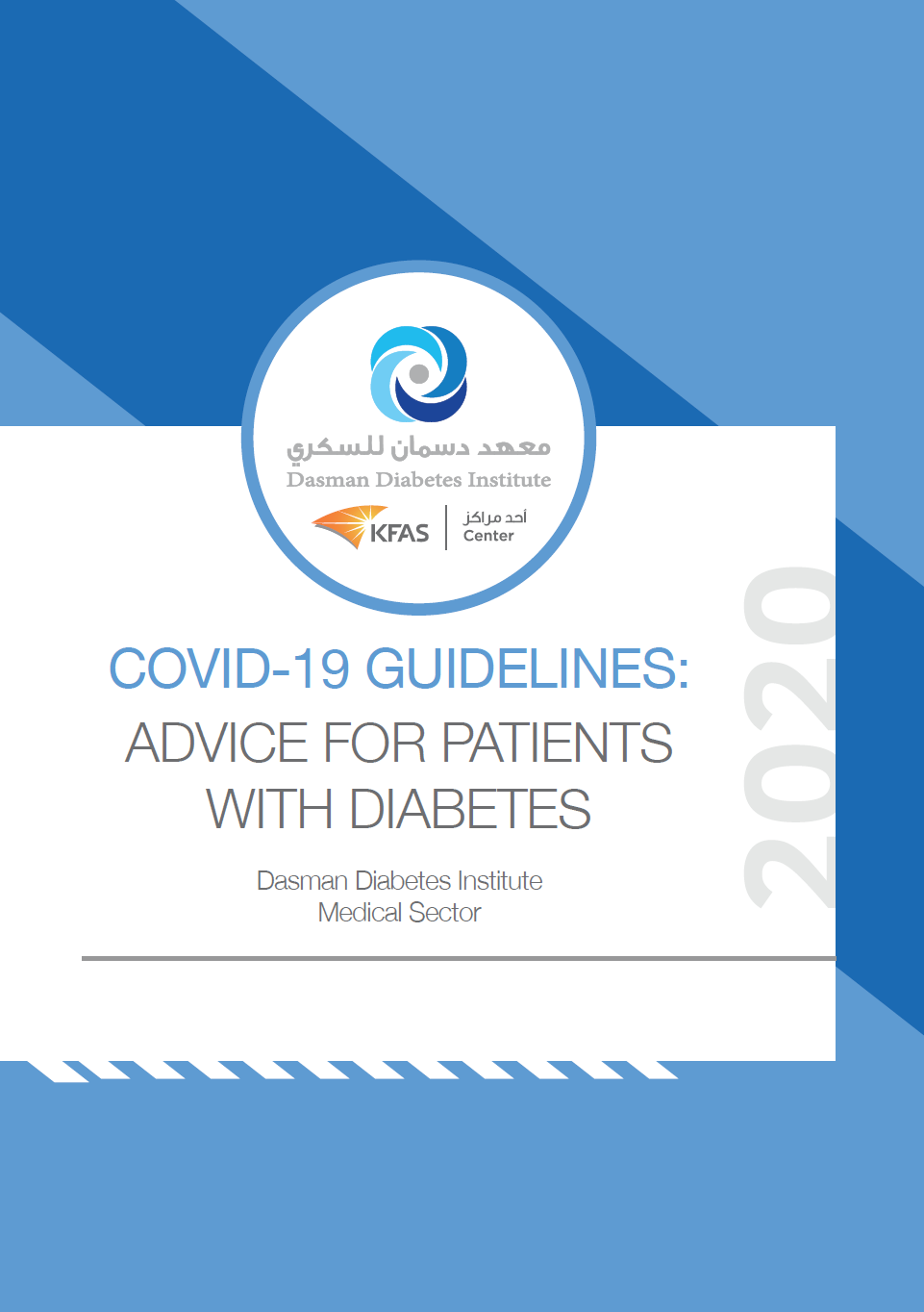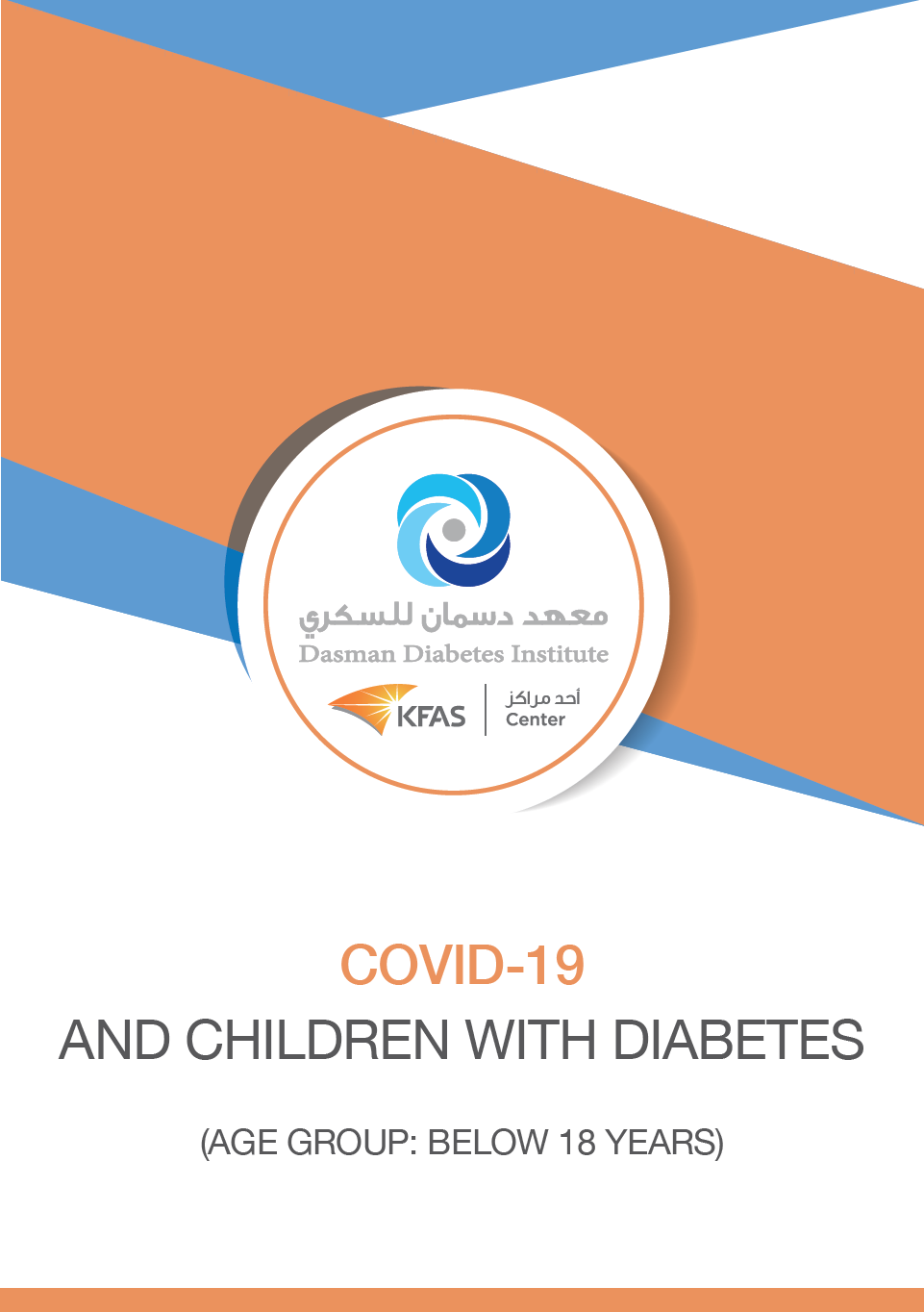The Education & Training Unit has a strong network of diabetes educators who, in collaboration with other clinics, develop and deliver educational programs for patients, other educators, and healthcare providers. These programs include:
For People with Type 1 or Type 2 diabetes
Kids in Control of Food, or KICk-OFF, is a 4-day structured group education program targeting patients with T1DM (aged 11- to 15-years-old) and their parents. Since 2015, the Education and Nutrition units have collaborated to provide an evidence-based educational curriculum. This program aims to enhance glycemic control and foster self-management skills to manage hypoglycemia, hyperglycemia, sick days, and ketoacidosis. It also aims to reduce the risk of long-term diabetes complications and improve the quality of life.
Diabetes Journey, established in 2022, is a new education initiative that aims to provide practical skills to manage T2DM and to deal with day-to-day challenges. It is an interactive 4-hour workshop that welcomes DDI and non-DDI patients to help them optimize their diabetes self-management by improving their knowledge and understanding their condition. The Workshop is delivered by diabetes educators, from the Education and Training Unit, in collaboration with dietitians, from the Nutrition Unit. At the end of the workshop, a diabetologist joins the session to address all attendees’ concerns and answer their questions. The workshop is built around group activities, with participants sharing experiences and talking about what T2DM means to them.
For Healthcare Providers
The Education and Training Unit at DDI has always strived to keep healthcare professionals’ knowledge up to date by using the IDF curriculum and the ADA Standards of care. The Specific, Measurable, Achievable, Relevant and Time-bound (SMART) course was designed to optimize diabetes management and the prevention/delay of diabetes-related complications.
In efforts to raise diabetes care standards in primary and secondary care settings, the Education and Training Unit provided an advanced clinical training program for nurses and health educators. This training program provides unique practical learning experience, where participants are introduced to DDI’s clinical services and allowed to shadow clinicians to link their practical to theoretical knowledge. Clinic shadowing occurs in collaboration with other medical sector units and may include but are not limited to the following learning objectives:
- Develop strong communication skills with the patients and learn about patient interviewing etiquette.
- Understand and demonstrate diabetes educator’s role with people with diabetes (adolescents with T1DM and adults with T2DM).
- Identify significant factors related to behavioral changes and fundamentals of motivational interviewing.
- Discuss cognitive, emotional, social, and economical barriers and strategies to patient’s/family’s self-care approach.
- Observe the process of comprehensive diabetes care from a diabetes education perspective (including medication review and/or lifestyle interventions).
- Explain treatment and prevention approaches to acute and chronic diabetes complications.
- Recognize different laboratory parameters used for early detection of any diabetes-related complications (e.g., microalbuminuria).
- Develop basic skills of calculating insulin sensitivity factor, correction dose, insulin dose adjustment techniques and interpreting daily glucose patterns.
What School Personnel Should Know (WSPSK E-Learning Program)
Many children with diabetes spend most of their waking hours at school or any other child-care setting. Therefore, it is important to ensure that the school staff are knowledgeable and well-trained to provide a safe environment. This one-day E-learning program offers opportunities for school nurses and teachers to learn and understand the needs and daily challenges of children with diabetes. This includes hypoglycemia, hyperglycemia, frequent glucose monitoring, insulin administration, and the effect of diet and physical activity on blood glucose levels. The WSPSK Program ensures that school staff are well equipped to manage children’s daily diabetes-specific needs, reduce any diabetes-related risks, and manage diabetes emergencies.
Online Diabetes Management Program
With the advent use of technology and the necessity for distance-learning during the COVID-19 pandemic, the Education and Training Unit launched an online comprehensive program for healthcare professionals who are interested in expanding their knowledge and learning about up-to-date diabetes best practices. This course has been designed according to the latest guidelines of the ADA and IDF to reinforce the scientific knowledge and expertise of healthcare practitioners in diabetes. It is a self-paced certificate program that covers diabetes classifications, pathophysiology, screening and diagnosis, complications, and pharmacotherapy and lifestyle modification approaches.
The course targets healthcare professionals (doctors, diabetes/health educators, nurses, pharmacists, nutritionists, podiatrists, etc.,) and health sciences students.
The course is delivered through 8 modules. Each module provides audio recordings of lectures, printable materials, and assessments that are designed to maximize the learning process. Upon completion of each module, participants must undertake an online assessment (with multiple choice questions and true or false format). Immediate feedback is given after each assessment with the rationale of the correct answer when applicable. Certificate of Completion will be auto generated upon completion of all components with 8 CME Credits.
Other Opportunities
- Clinical Shadowing
- Internship Program

Join our Diabetes Management Program
Available online all year!





